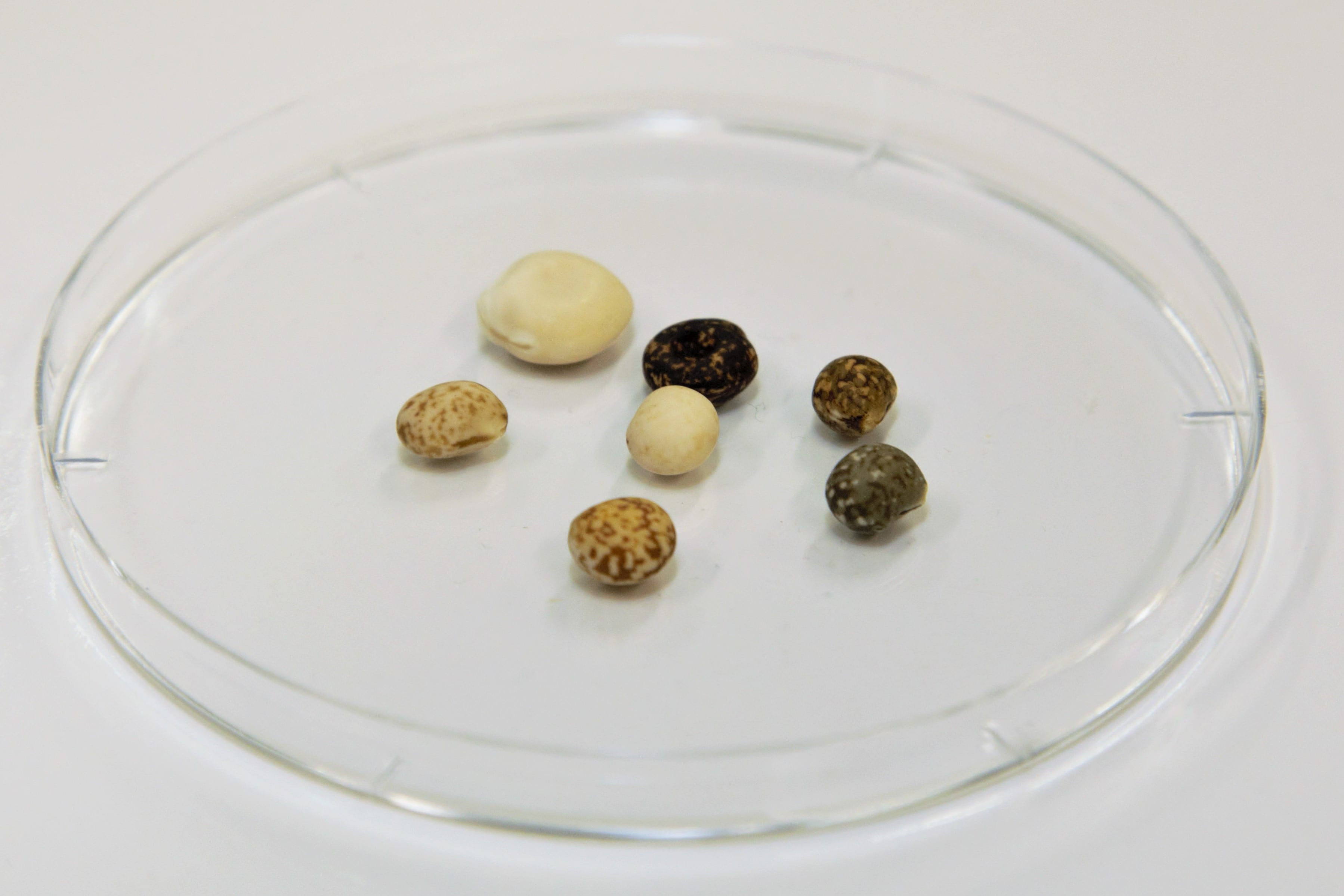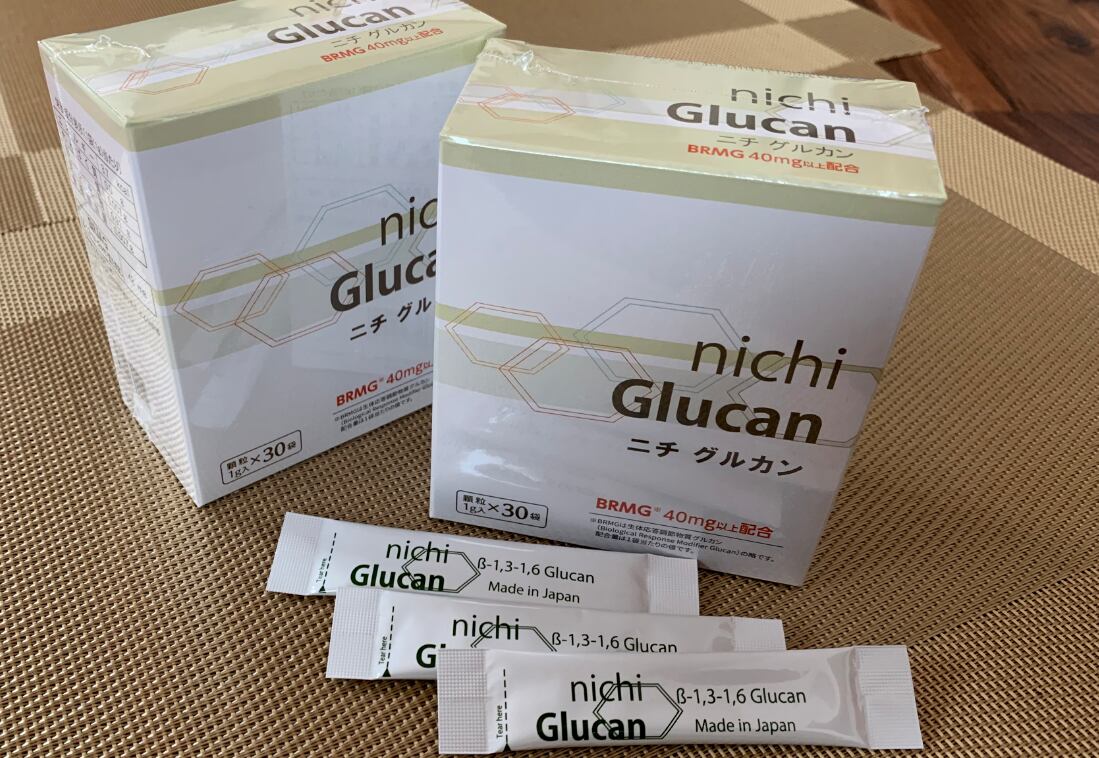The effects were also seen even in those who only consumed the protein drink without doing any resistance exercise.
Conducted by researchers from The University of Melbourne and Liverpool Hope University, findings of the research were published in the Journal of Cachexia, Sarcopenia, and Muscle recently.
A hundred adults with the mean age of 68.73 ± 5.80 years old completed the trial, where they were randomised into four groups: 1. control group 2. exercise group 3. exercise and protein group and 4. protein group.
They exercised twice per week, with a focus on resistance exercise, such as leg, chest, calf, and shoulder presses, as well as weekly functional circuit exercise, such as wall push up, lunge, and a mini obstacle course.
The protein supplement given was a leucine-enriched whey protein drink from MyProtein.
Previous RCTs have shown that leucine-enriched whey protein alone or combined with resistance-based exercise could improve muscle strength and body composition.
On the other hand, there are also reports on how whey protein supplementation could support lipid metabolism, insulin resistance, and immune function.
As such, the researchers sought to look beyond muscle health and assess the effects of whey protein on cardiometabolic health.
“Increasing protein intake beyond the recommended dietary allowance has been suggested as a promising strategy to enhance cardiometabolic health.
“To our knowledge, we have performed the largest RCT on this topic with four (Control, Exercise, Exercise + Protein, and Protein) independent groups in community-dwelling older adults and revealed novel findings regarding cardiometabolic risk factors,” the researchers said.
Key findings
The study has yielded three key findings, namely a lower LDL-cholesterol, blood serum insulin, and reduction in insulin resistance in both groups that 1) drank only the protein drink and 2) the group which drank the protein drink and exercised.
In the group which drank the protein drink and exercised, LDL-cholesterol had significantly dropped by a mean amount of 0.79mmol/L, while that of the group taking only protein drink had also decreased by 0.76 mmol/L.
Despite the reduction in LDL-cholesterol level, no improvement in other markers of cardiometabolic health, including total cholesterol, HDL-cholesterol, arterial stiffness, glucose, and glycated haemoglobin levels, was seen in both groups.
In contrast, the LDL-cholesterol levels had increased in the control group.
In terms of biomarkers, blood serum insulin had decreased by 0.40μU/mL in the group taking both protein and exercise, while a reduction of 0.32μU/mL was seen in the group taking only the protein drink.
“In our study, the mechanisms by which leucine-enriched whey protein isolate supplementation induced beneficial changes in LDL-cholesterol, fasting insulin, and insulin resistance (HOMA-IR) likely relates to the composite of the supplement,” the researchers said.
Mechanisms
The researchers explained that whey protein exerts benefits on lipid metabolism and insulin resistance via interconnected pathways.
“Whey protein contains bioactive peptides and amino acids such as immunoglobulins, isoleucine, leucine, valine, glutamine, lactoferrin, and lactalbumin.
“During hydrolysis of whey protein, the release of branched-chain amino acids and bioactive peptides inhibits dipeptidyl peptidase-IV and subsequently decreases degradation of gastric emptying incretin hormones (gastric inhibitory peptide and glucagon-like polypeptide-1), which act in concert to promote insulin secretion.
“These acute insulinotropic effects of whey protein are suggested to translate into benefits on insulin resistance over long-term supplementation protocols, as we observed here,” they said.
Source: Journal of Cachexia, Sarcopenia, and Muscle
Leucine-enriched whey protein supplementation, resistance-based exercise, and cardiometabolic health in older adults: a randomized controlled trial
https://doi.org/10.1002/jcsm.12805
Authors: Ben Kirk et al





